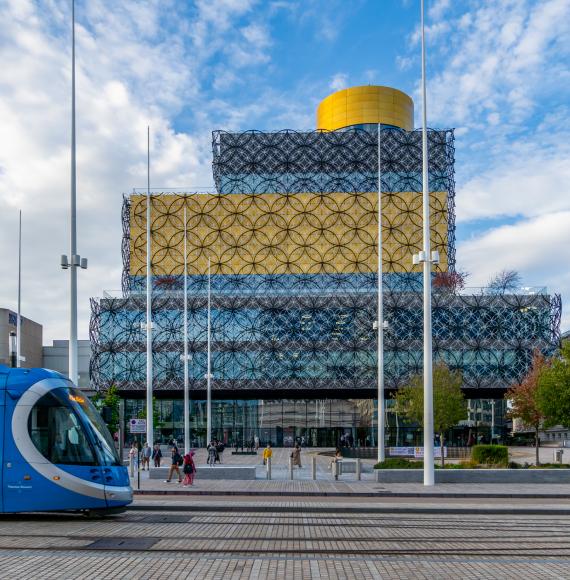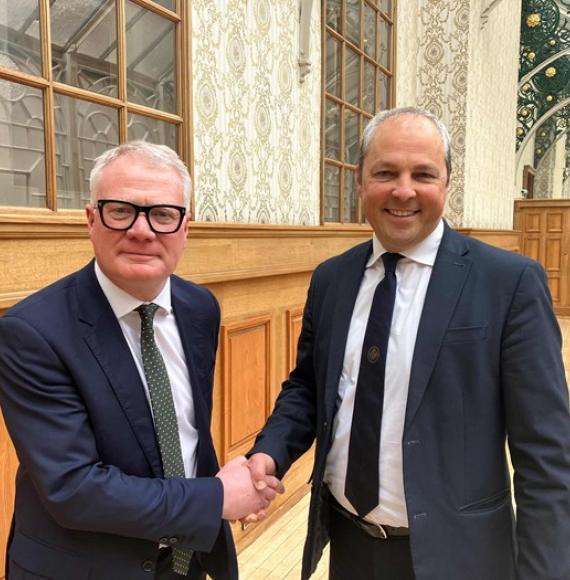East Hampshire District Council has submitted its proposal for local government reorganisation to central government.
This proposal recommends creating four new unitary councils – three on the Hampshire and Solent mainland and one on the Isle of Wight.
This was discussed by councillors at Full Council on Thursday 25th September and Cabinet members agreed to submit the proposal.
The change is part of a national move by Government to replace two-tier local government structures (i.e. county councils and district/borough councils) with fewer unitary (all-purpose) councils that deliver all local government services.
Across Hampshire and the Solent area, this involves 15 councils being replaced by a smaller number of unitary councils that deliver all services.
The proposal, developed in partnership with Hampshire County Council, aims to deliver simpler, stronger and more secure local councils for the future: providing the best possible value, greater local accountability and reliable services for residents and their families for generations to come. What’s more, the plan promises to unlock fresh opportunities for innovation and growth, to make councils stronger and ready to bring about real, positive changes across communities that people will actually see and feel in their everyday lives.
This bid supports the Government’s growth and housing ambitions by proposing four unitary authorities that streamline governance, unlock land for development, and enable faster, more efficient housing delivery across Hampshire and the Solent Area.
The needs and aspirations of local people lie at the heart of the new four-council design, aiming to create councils that are truly responsive, efficient, financially stable and focused on what matters most to people across the area.
The proposal builds from a strong foundation, backed by expert advice, extensive engagement with communities and trusted organisations. It provides a smooth transition to a new model of local government with tangible benefits for residents. Four unitary councils are the right fit - big enough to deliver strong services but focused enough to stay connected to local communities. It’s the safest and most effective way to manage change and unlock long-term improvements.

Cllr Richard Millard, Leader of East Hampshire District Council, said: “Today marks a major step forward. Our proposal for a four-unitary model is bold, forward-thinking, and built on solid evidence.
“This plan unlocks around £50 million in annual savings, safeguards our most vulnerable residents, and lays the foundation for economic growth and innovation.”
“I care deeply that our communities are empowered and this proposal outlines how we will achieve that so that as well as delivering vital services and stimulating growth, we will also be able to ensure that the ‘little things’ that matter to our residents don’t get lost.
“I’m proud to be putting forward a credible, ambitious, evidence-led proposal and I’m eager to hear the government’s response.”
Councillor Nick Adams-King, Leader of Hampshire County Council, said: “This submission is the result of detailed analysis, careful collaboration, and a steadfast commitment to Hampshire’s future.
“We’ve listened to the diverse voices from across our area, ensuring our proposal reflects the insight and priorities of residents, partners, and local organisations.
“By drawing on expert advice and broad engagement, we are confident that the model we’ve set out will keep vital services strong, empower local decision-making, and provide a stable foundation to transform and improve the way councils work for residents through new opportunities for investment and economic growth in local areas.
“Above all, our approach is about building a resilient, forward-looking system of local government that puts residents and their families first and secures the best outcomes for our communities - today and for generations to come”
Image credit: iStock and East Hampshire District Council



















